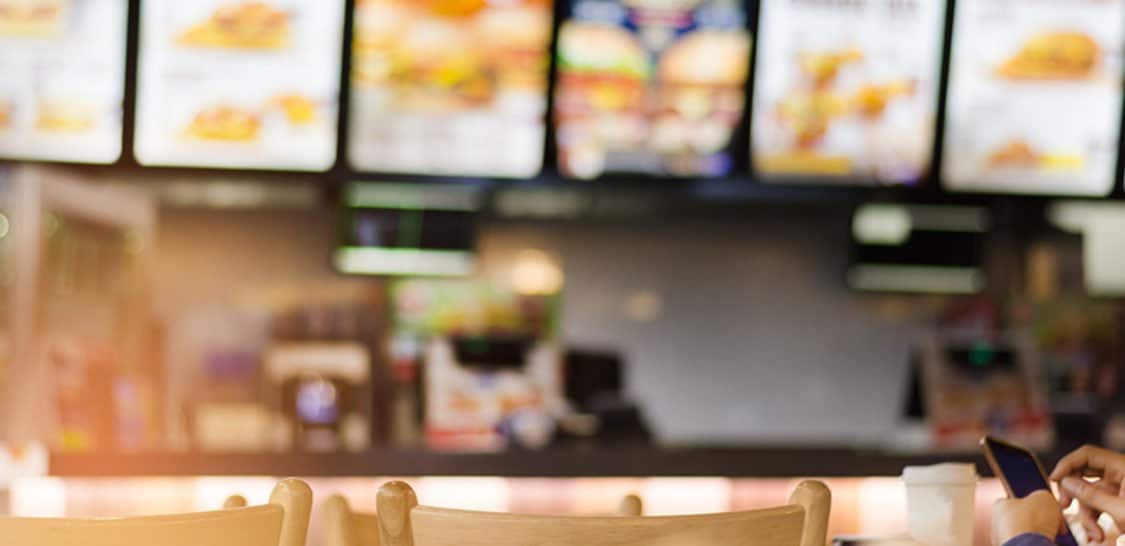One of the many tax provisions in the Coronavirus Aid, Relief and Economic Security (CARES) Act provides an opportunity for businesses to potentially reap additional tax savings on interior renovations completed since 2018. The CARES Act reassigned Qualified Improvement Property (QIP) from a 39-year depreciable life to a 15-year life. Below, we define QIP and explain why this reassignment could financially benefit many industries experiencing economic hardship as a result of coronavirus, like restaurants, hospitality and construction.
A Brief History of Qualified Improvement Property
The Protecting Americans from Tax Hikes Act of 2015 created a new cost recovery category for QIP. This new category allowed companies to use bonus depreciation for qualifying non-residential interior improvements with a 39-year life. QIP excludes elevators, escalators, building footprint enlargement and internal structural framework (load-bearing internal walls and other internal structural supports, including columns, girders, beams, trusses, spandrels and other items essential to a building’s stability).
Then, in December 2017, along came tax reform and more changes to the treatment of QIP. The Tax Cuts and Jobs Act moved QIP into a separate property class. Congress intended to also change QIP from a 39-year to a 15-year life, which would make it automatically eligible for bonus depreciation, but a technical error in the statutory language retained the 39-year life and excluded QIP for bonus depreciation.
Ever since, businesses and their tax advisors have been eagerly awaiting the correction of that drafting error that excluded QIP from bonus depreciation eligibility. Finally, the CARES Act revised the recovery period for this property type from 39-year to 15-year, retroactive and applicable for property placed in service after December 31, 2017.
The Significance of CARES Act QIP Correction
Why is this so important? The idea behind the creation of QIP as a new property class was an eventual replacement for Qualified Leasehold, Retail and Restaurant Improvement Property, which expired effective December 31, 2017. Without the correction from a 39-year to 15-year recovery period for QIP, taxpayers lost the benefit of accelerating depreciation for interior renovations. This was particularly impactful for industries where interior updates are frequent, like fast food restaurants and retail facilities.
How to Recoup Bonus Depreciation on QIP
An amended return for 2018 and 2019 (if already filed) will be necessary to recover more costs. The IRS permits returns to be amended within three years from the original filing date or within two years of the tax payment date, whichever is later. Return amendment can be cumbersome, particularly when there are multiple partner and shareholder returns associated. At the time of this writing, the IRS has yet to issue further guidance on an alternative option for amendment due to QIP changes. Your RKL advisor will be able to walk you through the best options for amending affected returns.
Visit RKL’s Coronavirus Resource Center for more CARES Act analysis and opportunities to discuss within your RKL advisor.




